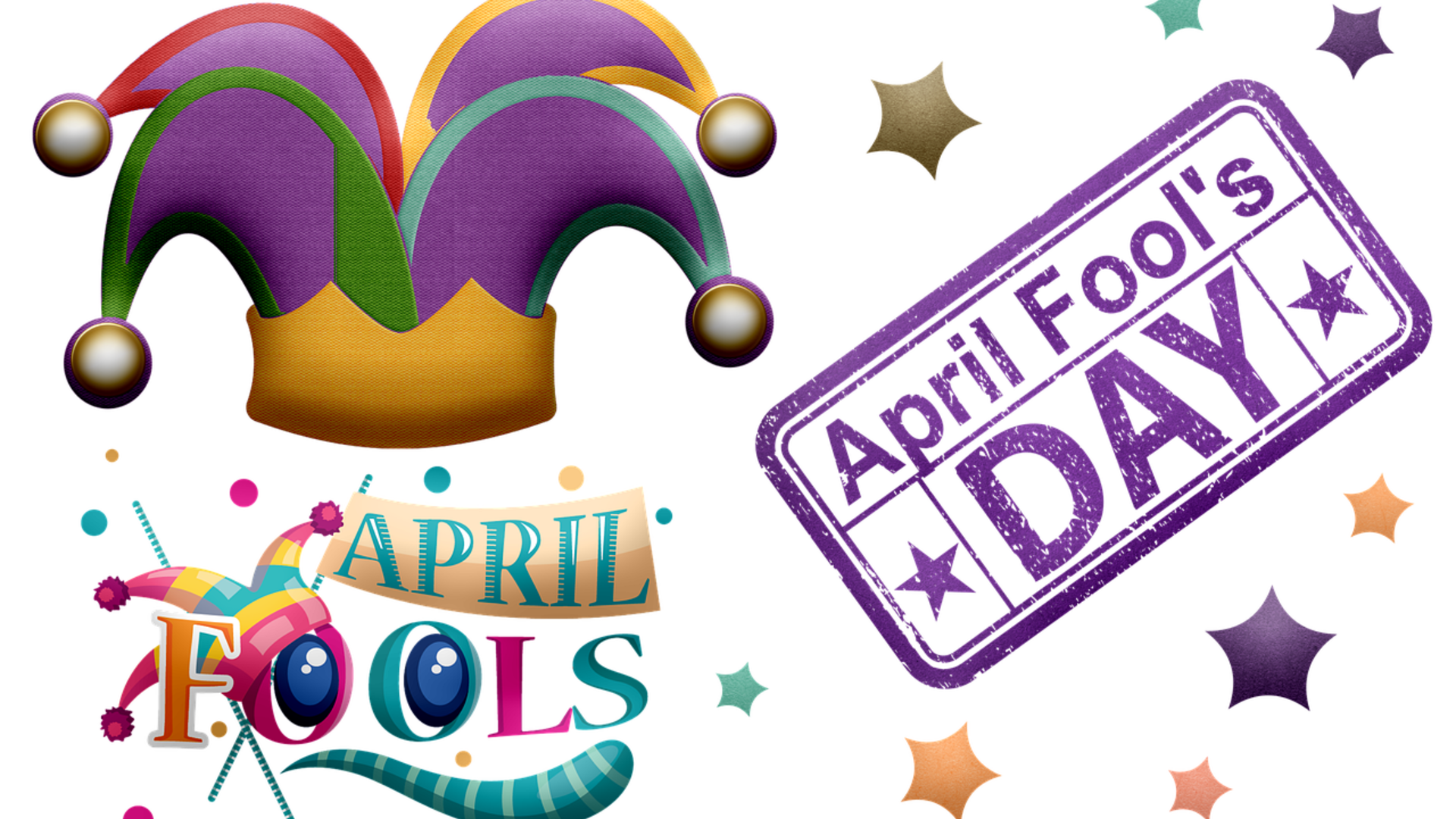
The Editing Company
Toronto, Ontario
RECENT POSTS
TEC Blog
Categories
Show All- Editing
- Grammar
- Usage
- Style
- Editor/writer
- Publishing
- Business
- Writing
- Writers support group
- Event
- Proofreading
- Copyright and permissions
- Usage
- Book reviews
- Editing new media
- Technology
- Books & libraries
- Ttc stories
- Editing & marketing
- Office happenings
- Social media & community
- Language & editing
- Social media
- Editing & marketing
- Indexing
- Book design
- Tec clients
- Guest blogger
- Creative women doing sixty
- Book clubs
- Books and reading
- Ebook technology & services
- Editing numbers
- Editing & technologies
- Opera, movies

It’s No Joke: The Uncertain Origin of April Fools’ Day
by Michael Bedford
Published at 2022-03-31
Temperatures are steadily climbing, days are getting longer, and nights are getting shorter. After another long winter, spring is finally here again, and a host of holidays and festivals mark its arrival. Saint Patrick’s Day and the vernal equinox have both come and gone. The Hindu festival of Holi is well underway, and dedicated disciples of the ancient Roman cult of Cybele-Attis are presumably enjoying Hilaria, or the Festival of Joy.
It's these two holidays, the Roman Festival of Joy and the Hindu celebration of Holi, that are the most likely predecessors of one of my favourite secular springtime holidays, April Fools’ or All Fools’ Day.
The Hilaria or “Festival of Joy” of the Cybele-Attis Cult
An article on the dinosaursandbarbarians.com website cites a passage by Herodian of Antioch in which he describes some parts of the Hilaria.
“Free license for every kind of revelry is granted, and each man assumes the disguise of his choice. No office is so important or so sacrosanct that permission is refused anyone to put on its distinctive uniform and join in the revelry, concealing his true identity; consequently, it is not easy to distinguish the true from the false.”
Herodian of Antioch, History of the Roman Empire
Contemporary observations of April Fools’ Day don’t go quite so far—you’d likely run into some trouble if you impersonated a police officer or judge on April Fools’ Day—but it’s easy to see how a day devoted to playing practical jokes and pranks on people could have its roots in an ancient holiday in which people would disguise themselves in each other’s work outfits, so that it was “not easy to distinguish the true from the false.”
Holi, the Festival of Colours
Holi is another festival with a late-March start date. This celebration offers participants a chance to temporarily shake off concerns about transgressing taboos pertaining to age, gender, and other sociological factors. Revelers throw handfuls of powdered paint at each other, and, after the day of misrule is over, the celebrants change into fresh white robes and resume their usual social roles. The fun only lasts for a short while, and then the social order resumes, much like the April Fools’ Day’s edict that all pranks must be perpetrated before noon, giving participants a chance to get their mischievous energy out of their systems before getting back to work.
Why April 1st?
Both Holi and the Festival of Joy are celebrated in late March but, as pranksters all know, April Fools’ Day is on April 1st. There are a couple of theories on why April 1st became the day to play pranks on each other. One such theory is that the practice of calling someone an April Fool pertains to the switching from the Julian to the Gregorian calendar in 1564.
In the Julian calendar, April 1st marked the beginning of a new year, so the supposition is that the well-informed élites of the time would call anachronistic followers of the Julian calendar “April Fools.” Unfortunately for fans of this theory, there are a couple of poets that say otherwise…
Les Poissons d’avril
Wikipedia informs us that a 1508 French poem by Eloy d’Amerval mentions a poisson d’avril, which literally translated means April fish. This term is still used in France in place of the term “April Fool,” and is likely the first recorded indication that April Fools’ Day was being observed in France. Since this reference predates the 1564 calendar change by nearly 60 years, it’s unlikely that the calendar change theory is accurate. For further evidence against the calendar change theory, a poem by Flemish poet Eduard de Dene published in 1561—three years before the calendar change—describes a nobleman who sends his servants on foolish errands on April 1st.
Final Foolish Thoughts
Although it’s satisfying to be able to pin down the exact start date and reason for a contemporary secular tradition, April Fools’ Day seems to have pulled the ultimate April Fools’ Day prank in sending historians on wild goose chases to pin down its origins.
For this layperson’s part, I’d say the springtime tradition of misrule represented in holidays such as the Hindu holiday of Holi and the Roman celebration of Hilaria reveal April Fools’ Day’s true origin.
Whatever theory you prefer on the origins of April Fools’ Day, though, remember to plan your pranks beforehand and stay sharp, at least until 12:01 p.m. If you’re still looking for inspiration, I’ve always been a big fan of the “Car-monica” prank.
Michael Bedford is a freelance editor, copywriter, and performer living in Stoney Creek, Ontario. He can be reached at https://mgb-editor.com/.
Want a great tip in your inbox each month? Sign up for our enewsletter today!




